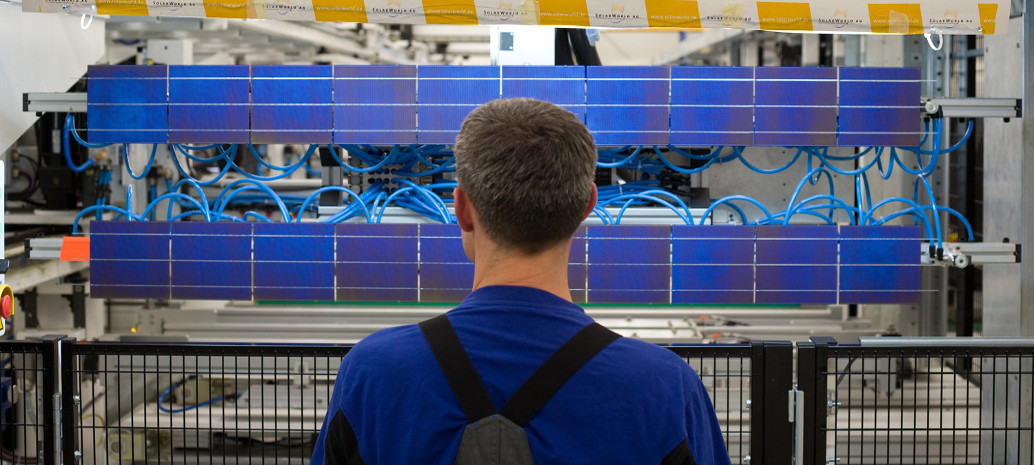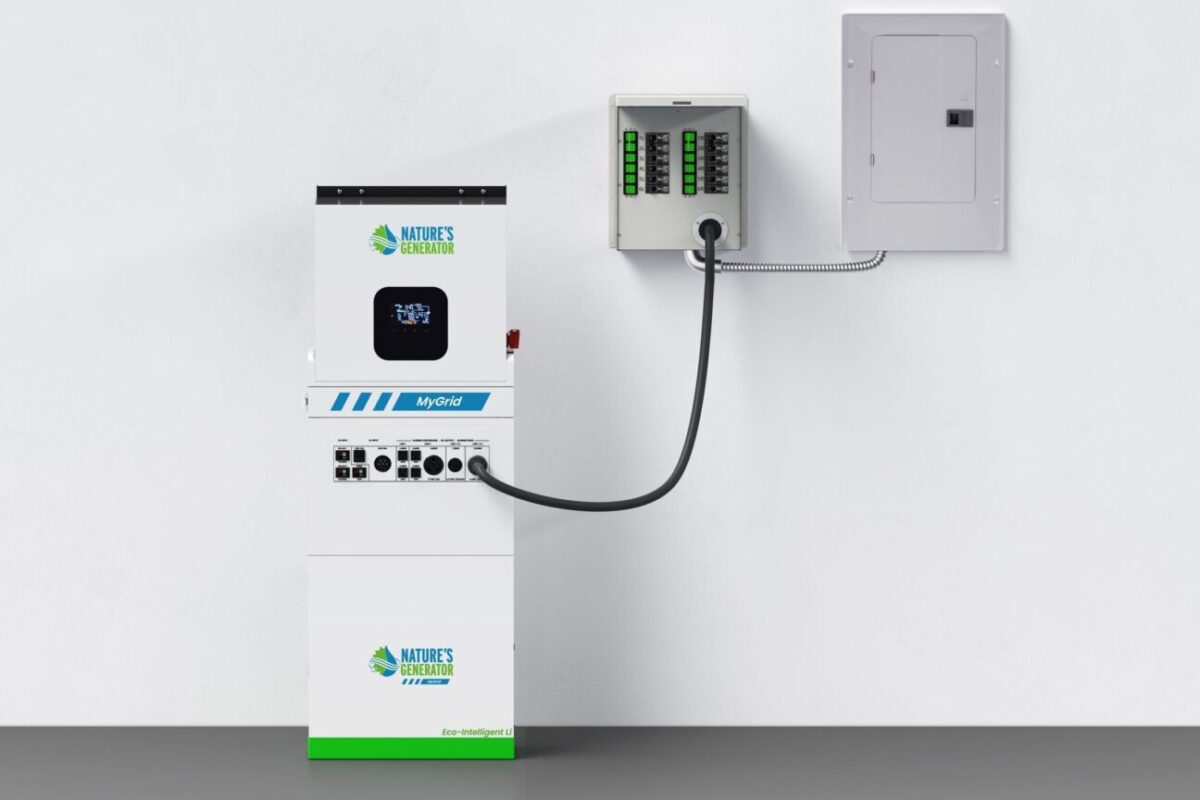Rumors of a six-month reduction to the proposed 24-month extension of anti-dumping (AD) duties against Chinese solar module companies – reported yesterday – have today been confirmed by European Commission Vice President, Frans Timmermans.
Having been rejected by 18 of the 28 EU Member States in January, the EC will present its new proposal for an 18-month extension of the tariffs later this month.
“The phase-out is also meant to make sure that producers of solar panels in the EU have the time to adapt to the new situation,” Timmermans said today at a news conference in Brussels. “The precise conditions are something that will be up for debate, also with member states now.”
In what the VP called a “sensitive issue”, the ongoing trade war has caused ceaseless division not only between China and the EU but also within Europe as two vocal bodies have emerged in both the pro- and anti-tariff camps.
Yesterday, protectionist body EU ProSun castigated the EC for its anticipated concession to shorten the tariff timeframe.
And today, SolarPower Europe – a pan European body that has long campaigned for the removal of the duties – was measured in its support of the EC’s latest proposal.
A SolarPower Europe spokesperson told pv magazine that the Commission is going in the right direction with this reduction, but would have preferred a reduction to 12-15 months. “However, we believe that the Commission would still need to go further and remove the measures as soon as possible, a position supported by the majority of Member States and 98% of the European solar industry,” SolarPower Europe said.
Since the last vote by the Member States, SolarPower Europe has compiled a shortlist of compromises that it would like to see in the proposed regulation of the Commission. Chief among these include the removal of measures against solar cells. “The current proposal recognizes that the European cell production market is 96% captive and thus it would be in the best interest of European module manufacturers to have access to market-priced cells,” SolarPower Europe argues.
The body also urges the Commission to state categorically that any further expiry review of the tariffs would be “unviable”. This, they claim, could be achieved by indicating that “the recurrence of injury and/or dumping is not likely in the medium/long term”, an argument that is justified by the fact that the globe now supports 150 solar markets, with the EU just one, increasingly insignificant, member of that group. In light of this new reality, says SolarPower Europe, the continuation of any tariffs or duties beyond the latest deadline “would not be justifiable”.
Milan Nitzschke, president of EU ProSun, yesterday wrote to the Commission president Jean-Claude Juncker, calling on the EC to reconsider its proposal. “The extension of the measures for only two years is already a very fragile compromise position,” Nitzschke said, adding that any extension that is less than two years would seriously discourage any further investments in solar by EU industry.
“It would also send a signal of remarkable weakness to China, asking them for only a little patience before they would be allowed to succeed with their plan to wide out EU solar PV manufacturers and obtain subsidized domination of a major EU sector critical for the future of renewable energies,” the EU ProSun president continued.
Today, Nitzschke accepted the Commission’s decision, but stressed: “The fact that the minimum import price [MIP] is to be degressive in the future, and thus controllable, helps everyone. It is important the the right to further examinations and extensions laid down in the AD directive is not limited, as suggested by the Commission today. This would otherwise be a clear case for the European Court of Justice.”
The 28 EU Member States will now decide whether to approve the new 18-month extension, with a decision due on March 3.
This content is protected by copyright and may not be reused. If you want to cooperate with us and would like to reuse some of our content, please contact: editors@pv-magazine.com.



By submitting this form you agree to pv magazine using your data for the purposes of publishing your comment.
Your personal data will only be disclosed or otherwise transmitted to third parties for the purposes of spam filtering or if this is necessary for technical maintenance of the website. Any other transfer to third parties will not take place unless this is justified on the basis of applicable data protection regulations or if pv magazine is legally obliged to do so.
You may revoke this consent at any time with effect for the future, in which case your personal data will be deleted immediately. Otherwise, your data will be deleted if pv magazine has processed your request or the purpose of data storage is fulfilled.
Further information on data privacy can be found in our Data Protection Policy.